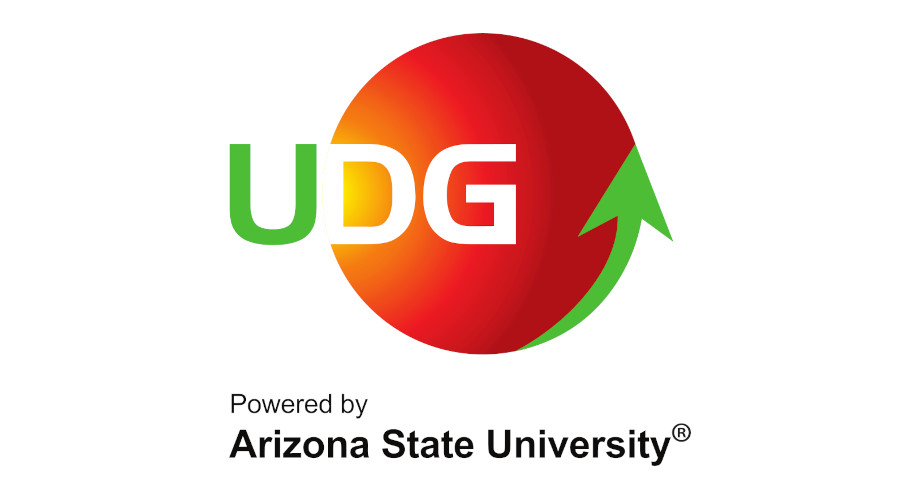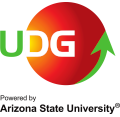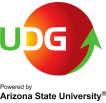AI and HPC: Tools for Change, Opportunity, and Responsibility
During the panel "AI and HPC: Drivers of Your Career," held at the University of Donja Gorica as part of the EuroCC project, our alumni sent clear messages that change does not come on its own but is driven by individuals who are ready to learn, take responsibility, and act. In a time when the boundaries between the real and digital world are blurring faster than ever, Montenegro is increasingly positioning itself as a space where ideas with global potential are born.
In the opening address, it was emphasized that AI and HPC are not just abstract technological terms but concrete tools that are changing the way we live, work, educate, and communicate. Today, more than ever, the question is not whether AI will change our daily lives, but how we, as individuals and as a community, will respond to these changes. In this spirit, the panelists shared their experiences, dilemmas, and visions, but also sent powerful messages to the students who will be the bearers of this transformation.
Anton Jurovicki, CEO of Coinis, spoke about the necessity for Montenegro’s educational system to make a leap towards a more practical and flexible approach to learning. As he stated, technologies change almost daily, so it is crucial that young people do not wait for the system to prepare them but actively seek knowledge through projects, internships, and direct collaboration with the industry. He especially emphasized that today's students have the opportunity to shape the local tech ecosystem and make Montenegro a digital hub of the region. He encouraged students not to hesitate to step into these areas, as their presence could bring about key changes in the way technology shapes our society.
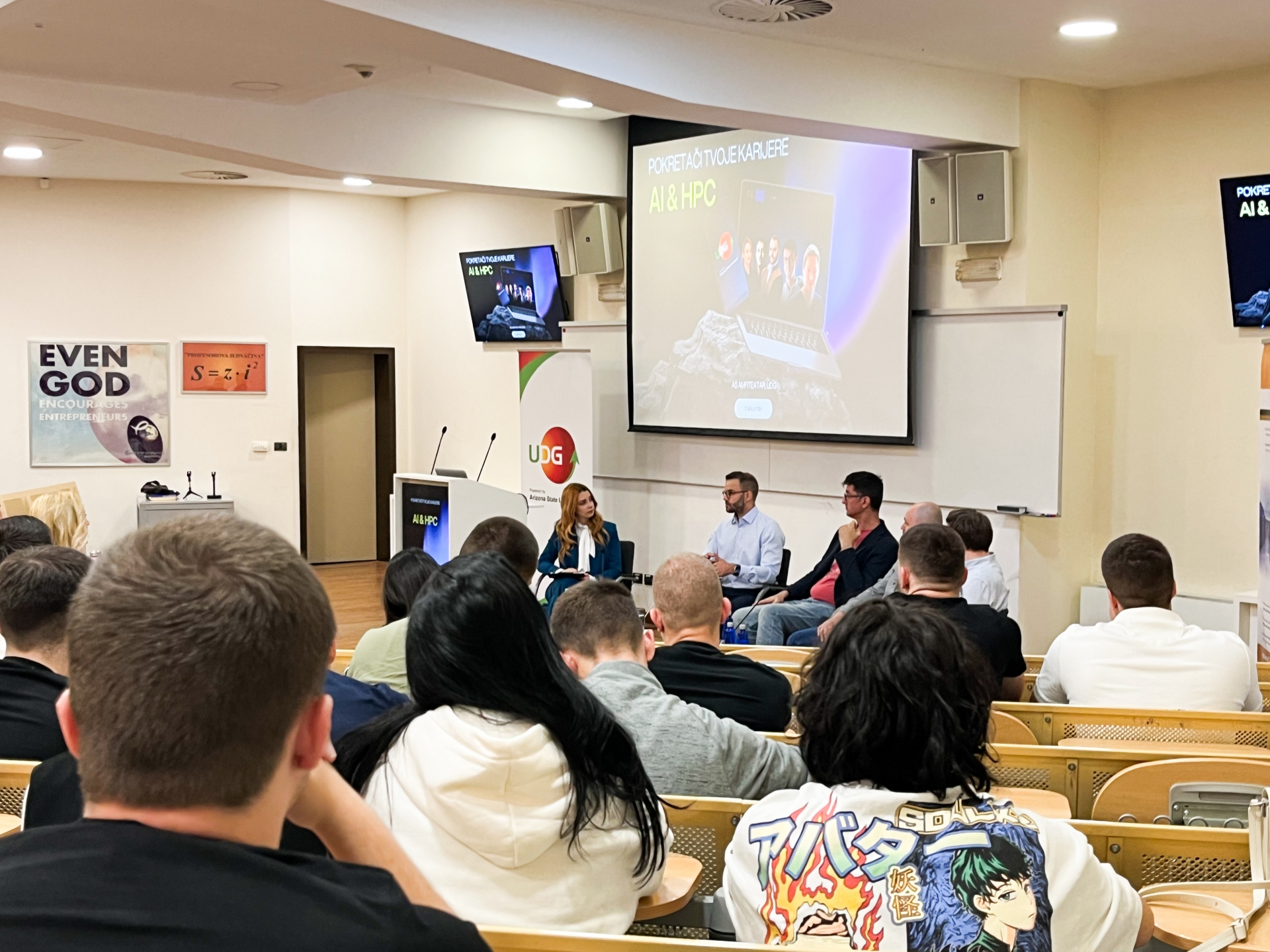
Milutin Pavićević, Commercial Director of Alicorn with extensive experience in the video game industry, spoke about the role of artificial intelligence in creative processes. He pointed out that AI is not the enemy of creativity but a tool that can expand the boundaries of imagination and accelerate the development of games, narratives, and digital worlds. However, he stressed that it is crucial for people to remain at the center of this process, as AI does not understand context, emotion, or purpose, and these are values that only human awareness can bring. Milutin also highlighted the challenges that students face when entering the industry, from a lack of practical experience to misunderstandings of business processes. He emphasized that employers are looking not only for technical knowledge but for the ability to learn quickly, communicate clearly, and think critically. In this sense, he urged young people to develop soft skills and take responsibility for their personal development, as the industry no longer waits but seeks those who are ready today.
Miodrag Vujković, founder of Inovative, spoke about overcoming the fear of technology. He explained that resistance often arises from a lack of understanding, not from an inability to apply technology. His message was clear: “Technology should be an ally, not a threat.” Through concrete examples, he demonstrated how AI and HPC can help in market analysis, resource optimization, and making better business decisions. He particularly focused on the future of business, where he believes AI will play a key role, but with the active participation of people who understand the broader context. The entrepreneurs of the future, according to him, will be those who know how to combine analytics, intuition, and ethics.
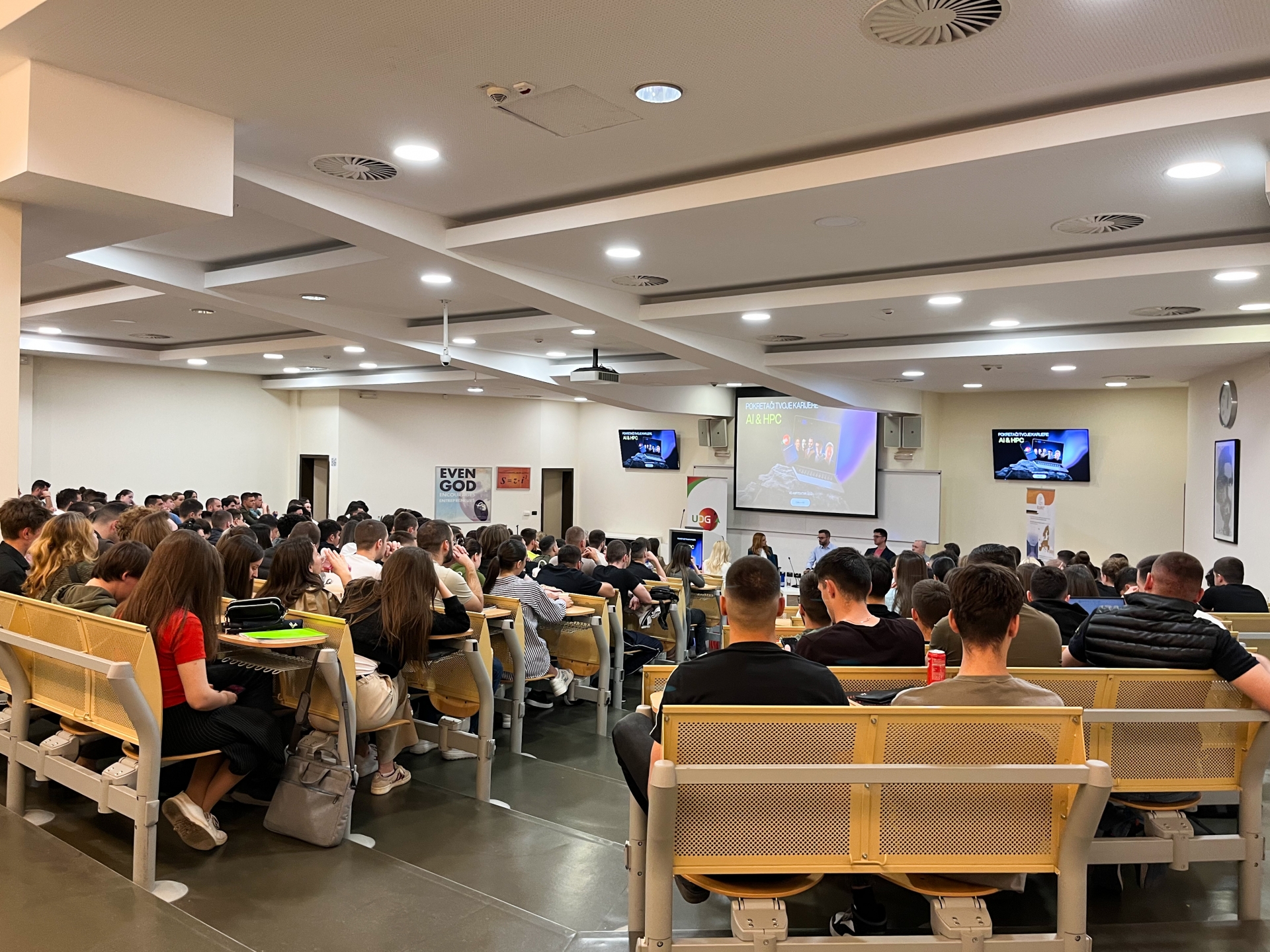
Stevan Šandi, founder of BixBit, shared his experience in developing AI products from the perspective of a local company. A successful AI product, in his opinion, depends not only on code but also on a clear purpose, understanding the user, and continuous optimization. He also warned that technologies like AI and HPC require responsible behavior, especially when it comes to security and data privacy. Stevan emphasized that individuals, not systems, bear the greatest responsibility for protecting their data and the data of others. In a world where everything is connected, privacy boundaries are becoming thinner, and trust is becoming the most valuable currency.
Finally, all the speakers agreed that the key lies in education, critical thinking, openness to collaboration, and a readiness for continuous learning. AI and HPC do not replace people; they open the door to entirely new ways of working and thinking. However, only those who are ready to recognize these changes, adapt, and take responsibility will be the leaders of the future.
Categories
Others
